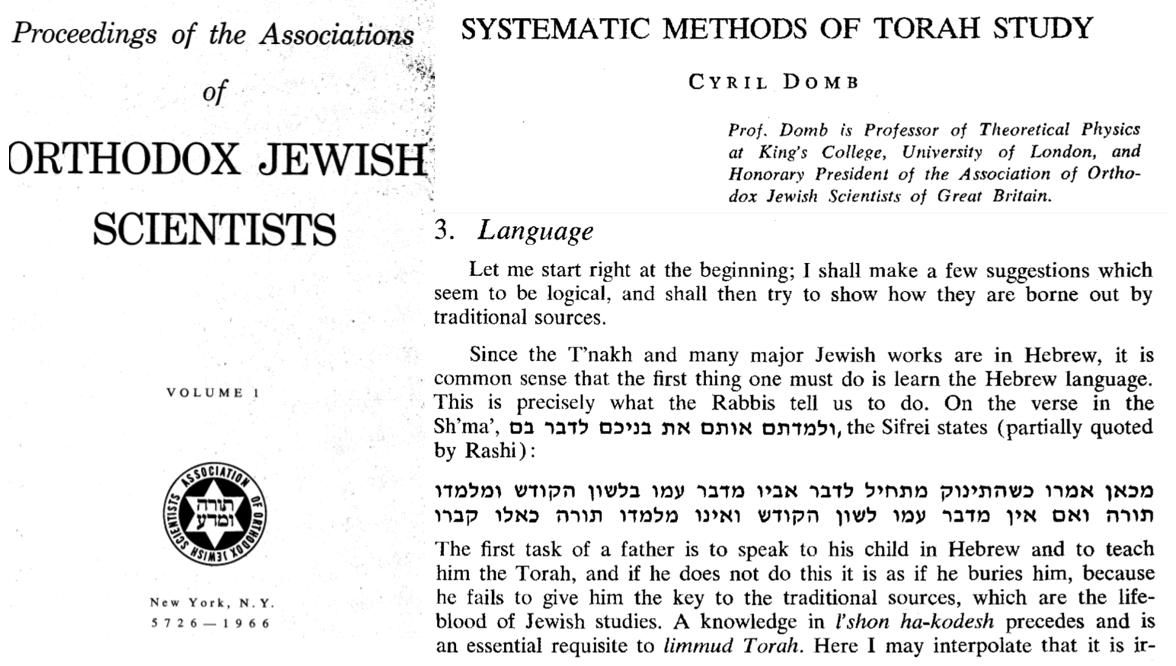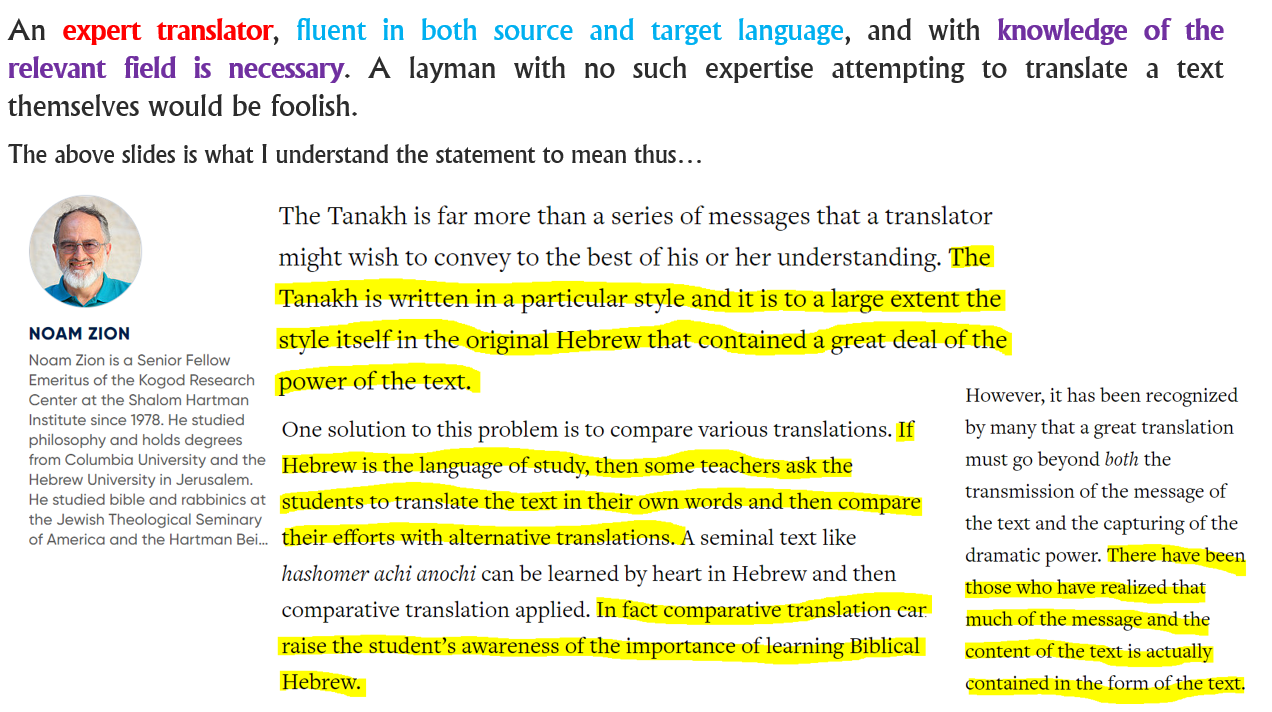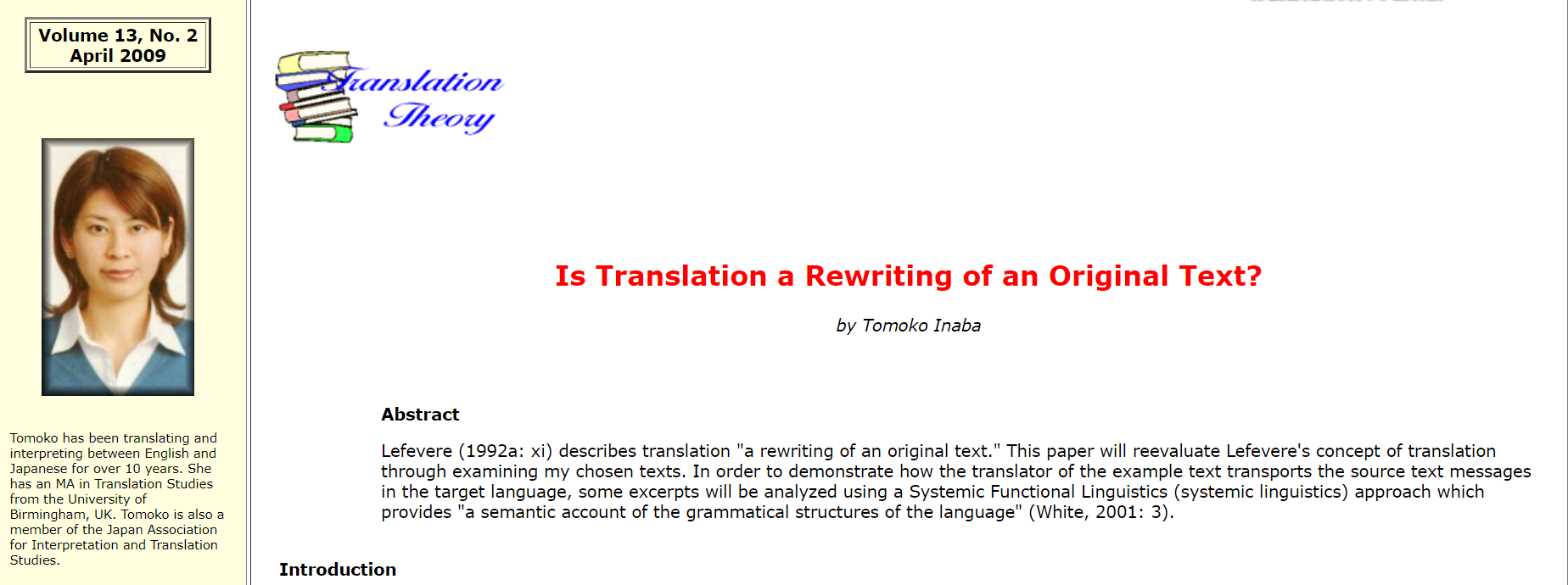Swede01
Member
Fine. I was simply responding to:
Okey
Welcome to Religious Forums, a friendly forum to discuss all religions in a friendly surrounding.
Your voice is missing! You will need to register to get access to the following site features:We hope to see you as a part of our community soon!
Fine. I was simply responding to:
It sounds like you're looking for an online conversion course. Try googling it.I don't live in Stockholm and I don't want to come out with it to anyone else if that's possible. That's why I am not talking about irl
It sounds like you're looking for an online conversion course. Try googling it.
As I said, Google online Jewish conversion course and you'll find many links.Is that possible? I don't want anyone else to know
Without knowing specifics, it's rather hard to say, but you might wish to consider shelving thoughts of conversion.What should I do? I can't move to Stockholm and come out to my parents about it due to the risk of being judged. What should I do?
Without knowing specifics, it's rather hard to say, but you might wish to consider shelving thoughts of conversion.
Sorry. In this context it means to put aside, either temporarily or permanently.What does Shelving mean?
The decision to convert is a sizable one, one which would require that you change much of how you live your life. If you choose to do so through any branch of Judaism, you will need to get in contact with rabbinic authorities who will guide you. The journey will require study and discussion, and practice and is not the kind of thing that anyone will encourage you to keep secret. If you are in a situation where you don't have the support of people around you, I would suggest putting aside your wish to convert and simply choose (for now) to study and read, a LOT). When the time comes that you have the autonomy to make and follow through on a decision that will have consequences in every part of your life, you can make it then.I don't live in Stockholm and I don't want to come out with it to anyone else if that's possible. That's why I am not talking about irl
You are asking for advice while wishing to undermine essential aspects of the conversion process.
1. The process is communal, requiring a rabbinic court
2. The process is socially communal, expecting involvement in a Jewish community
3. The process is public
4. The process is long and requires an autonomy and much self-motivation
The issue of circumcision just becomes another limitation you want to put on the process when, in truth, the point of the process is to put limitations on you. If you see that your wish to convert might change in the future, then you understand why Judaism does not seek converts -- we are not looking for people for whom this is a possibly passing fancy.
really? Then why the concern "but then again I might one day not want to convert. "I know i know but you need to understand me. Everything is not black or white. No I do not see it as "possibly passing fancy".
The problem you have with this video is that doesn't actually take the texts that he is showing you and then translate them on the spot for you. He is simply giving his opinion about them and you have no way to verify if a person who lived during those times would agree with his accessment.
For example, I can make a lot of claims to you about what the following says.
If you don't know Canaanite and you don't know their culture you may not know to ask me how I know for a fact what the text means if the Canaanite culture ceased to exist a few thousand years ago. You may not even know how to analyze if what I am saying would be accepted by a Canaanite from the period this was composed. They could easily say, "Hey this is not from us. This was dropped off by Sumerians."
View attachment 64074
Also, as I mentioned earlier I have seen some "western scholars" claim something about an ancient text in English but then when I read the original it did not make the statements they claim in the context they claimed. For example, the word elohim in "ancient" Hebrew does not mean what the word "god" means in modern English. All one needs to do to prove this is to look up the shoresh or three letter root. Thus, a person who writes something in English won't know this important distinction because in "modern" Hebrew often "elohim" is taken to mean what "god" means in modern English.
Because we Torath Mosheh Jews are required to hold by what is proven to be true. As both the Rambam and the Ramban both explained in their writings as more is understood about how things work in reality the Torah will become more and more clear for Jews. You have to remember that in Torath Mosheh and Orthodox Judaism there is no such thing as blind faith. We Jews are required to challenge and confront all ideas and if something does not match both Torah and what is proven to be reality we disgard it. There is also no problem with the idea that there were rabbis in the past who didn't fully understand how the physical world works. As the Rambam pointed in in his book Moreh Nevuchim, "we have no requirement to hold onto ideas of the rabbis of the past who didn't fully grasp a matter." Also, like it is written in the Kuzari, "The Torah was not given to contradict what is seen and proven to be true."David Davidovich said: ↑
I see. But how can what Rabam(or the lone Rabbi) stated be the truth if there is a famous and long-standing dispute between Rabam's position and all the other Rabbis and Sages' position on demons, according to what is said at 28:13 through 30:32?
Thus, you won't find one mitzvah in the Torah that deals with (שדים) or the modern concept of demons. Thus, the subject matter is not relevant to the daily lives of most Jews. Further, in the video we are discussing Rabbi Skobac brought up a lot of information found in "certain" types of Kabalistic writings. Most of these writings are not normally studied by most Jews since there is a very stern warning about learning from those text if one is not a) fluent in Hebrew and Aramaic, b) heavily experienced in the Tanakh, c) heavily experienced in halakha, and d) not married with a family and a balenced person.
The challenge you face here is that you may not fully understand the "Jewish definition" of an accult practice. In Hebrew the term used is Avodah Zara (עבודה זרה) which means "foreign work/worship/practice/etc." Just to give you an example. For Torath Mosheh Jews most of the concepts found in Christianity are Avodah Zara and could also be called occultist practices. The same for various elements of western secular culture. In halakha there is a long list of what is Avodah Zara or as you may say in English occultist practices - this concept we are discussing in only one category of the whole thing. The reason why Rabbi Shobac did a relatively short video about this topic is because, as he mentioned at the beginning of the video, there are unfortunately some Jews living in modern socieities who think certain things have power or they are attempting to have power over things they neither understand or things that they don't have the ability to control in the first place. In some cases this is simply them having other issues in their lives they have not addressed.
Even if one were to claim that, the Rambam was proceeded by other rabbis who stated the same thing he did. Rabbi Saadya Gaon who proceeded him had a similar conclusion. Besides, modern day scientific discovers also appear to have proven the Rambam's position correct.
There is nothing wrong, in Torath Mosheh, with being wrong on such a topic and at the end of the day we Jews are able to learn from correct conclusions and incorrect ones alike. There is nothing wrong with having an incorrect view on a topic like this. There is no mitzvah in the Torah that requires one to think a particular way on how the reality around us works - with one acception - Torath Mosheh Jews are required to hold by what is proven to be true.
That is a misunderstand of what Rabbi Skobac was talking about. Rambam was not the lone rabbi on this topic. The comparison was with some of the rabbis of his level. There were others who agreed with him. Yet, you have to take into account that Rabbi Skobac is one rabbi who comes from a particular type of Jewish community. He obviously has not read everything written written by every rabbi from around the Jewish world. Like in Yemen, Morocco, Iraq, etc. Further, as he mentioned at the beginning of the video there was a point where this topic was not on his radar because it is not something that most rabbis have to interact with.David Davidovich said: ↑
however, I do know that according to that video, the majority of Rabbis believe that the powers behind occult practices are dangerous and potent, while the one lone Rabbi thinks it's just idiocy and that there's no power involved in it.
Also, be aware. Because both sides of the issue use the same Hebrew Torah/Tanakh and both sides both follow halakha, and this topic is not Torah or Halakha then who ever is right is a win for both sides. The discussion from both sides have merit and we Torath Mosheh Jews can learn from both correct and incorrect views on any given topic.
With this you will run into two problems.David Davidovich said: ↑
Well, I had come across this video on ESOTERIC last night, and it is stating the same thing that you are stating on one hand, but on the other hand, that the Babylonian Talmud is replete with demonology at 12:00 through 13:47.
- The Talmud was not written in English, it written in Mishnaic Hebrew and Aramaic. Anyone who is claiming to teach you something from the Talmud would need to prove that they understand these languages completely and show how the words translate into what you understand English words like "demonology" as you understand it in the modern world.
- For example, one concept (שד) is an aspect of nature/reality that is "programmed" to automatically work in a negative way if a person is not holding by the Torah correctly. Said (שד) has no free will. It has no form/body. It has no thoughts or desires. No different than an earthquake has none of these things or a tsunami or the swarm of locusts. In some aspects of ancient Jewish though this could also be defined as the work of (שדים). Most modern westerners would not call that "demonology" they would call it natural disasters.
- The Talmud is made up various components. Not all of them are halakha. The Aggada parts of it are not required for a Jew to accept. If a Jew sees something in the Aggada that they disagree with or said thing has been proven wrong then there is no need to hold by it. That is an ancient rule in the Torath Mosheh Jewish community.
- No Torath Mosheh Jew learns Talmud from videos. That is something is learned face to face and only from people who are prove to be experts in it. Further, there are some videos on YouTube that are Jews teaching other Jews who already have an idea of what they are learning about.
As a Torath Mosheh Jew I can tell you, that is also not what the video was explaining. You may want to contact Rabbi Skobac and ask if your assessment is correct. He does a regular show on Tenak Talk on YouTube and from what I understand he is really approachable.David Davidovich said: ↑
but just that the video had explained the basis of our origins and why we are here, and the origin of evil and why we struggle and feel pain in life
Jews for Judaism | Jews for Judaism Staff - Michael Skobac
really? Then why the concern "but then again I might one day not want to convert. "
That is something that is different culturally. One of the reasons that my videos sometimes can be so long is because I am "attemptin" to try and convey an idea to people who may have no connection to the culture that produced the idea. Thus, my translation is an attempt. Torath Mosheh Jews are required to challenge and research all claims and ideas - thus my translation is similar to a crutch. The better situation for a Torath Mosheh is to walk without crutches and teach others how to walk without them.
That is fine but take into account that my vidoes are mostly done for Jews and Noachides for whom the Hebrew is important and are comfortable with learning directly from a source rather than a translation that may not fully explain what is going on in the original.
Torath Mosheh Jews have a different when it comes to translation. Because Hebrew is our national language, and because any translation is lacking when it comes to a "personal" knowlege of our national language all translations, including Jewish one are not our priority. Seee the below on this issue on the importance of Torath Mosheh Jewish parents teaching their children Hebrew.

The following was something I posted on another thread concerning translation.




BTW - The video you posted has a number of problems with it.
- He uses a lot of pictures in his video that are not at all Jewish nor were they drawn by Jews. There are a number of them that Christian paintings that have no connection to Jews whatsoever.
Is that a bad thing?[*]He doesn't explain what the Mishnah first states prior to the Gemara. This would prove that he actually knows the subject matter that what he is quoting comes from.
So, then what is the sweeping statement of what all rabbis mentioned in the Talmud held by?[*]He doesn't explain the structure of the Talmud and that often he is quoting one person's opinion on a particular topic and not a sweeping statement of what all rabbis mentioned in the Talmud held by.
Could you show me where he does that?[*]He also inserts pictures fom non-Jewish cultures into the subject when in reality the Talmud has no pictues in it. I.e. he is giving the impression that the Talmud is the source of said pictures.
So, why is that important and where in the video does that show that not knowing the difference is detrimental or false to what he is saying?[*]He further never explained what is the difference between halakha and aggada.
Well, I really don't know what that means, however, I did provide some links above where he is using original texts.All in all, one way to prove out what he does know is for him to take the original text (Hebrew and Aramaic) and start at the Mishnah then work his way through the Gemara.
Just throwing this out there. Would it be of any interest to you if I were to offer to do a Zoom with you and go over your questions in a way where you would see the sources, I explain them in easy to understand ways, explain why they say what they say, and provide the various views of Torath Mosheh and Orthodox Jewish understandings?
I did this once with someone on RF it worked out really well for them. It also was quicker than trying to type back and forth. If something like this would interest you let me know. I can do all the work to set it up.
if that is your fear then Judaism isn't for you anyway.Yeah due to societal pressure rather and fear of being the odd one out in my social group you misunderstood
